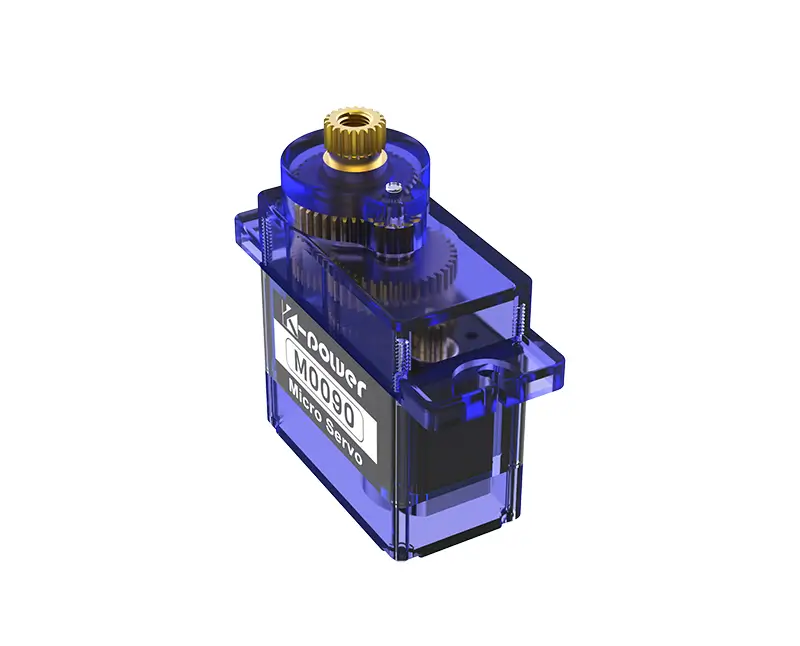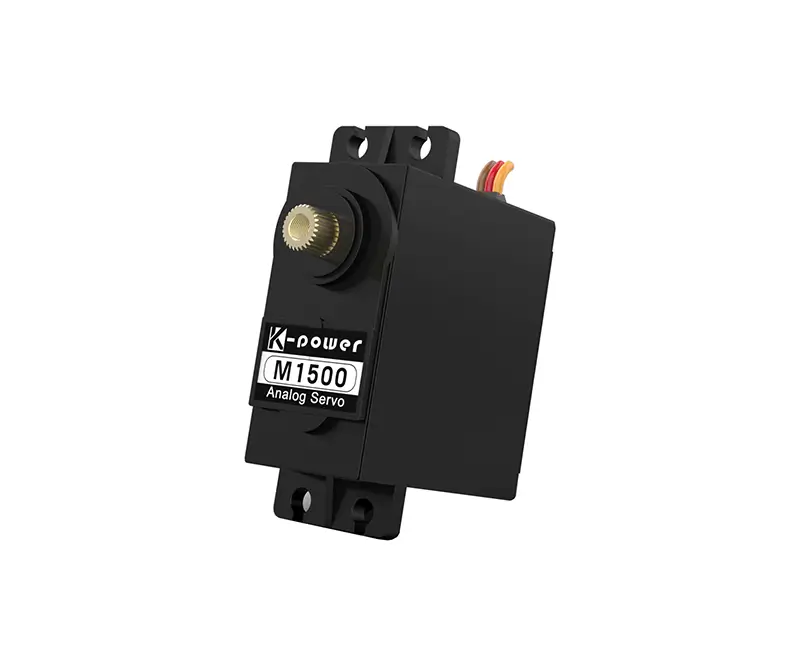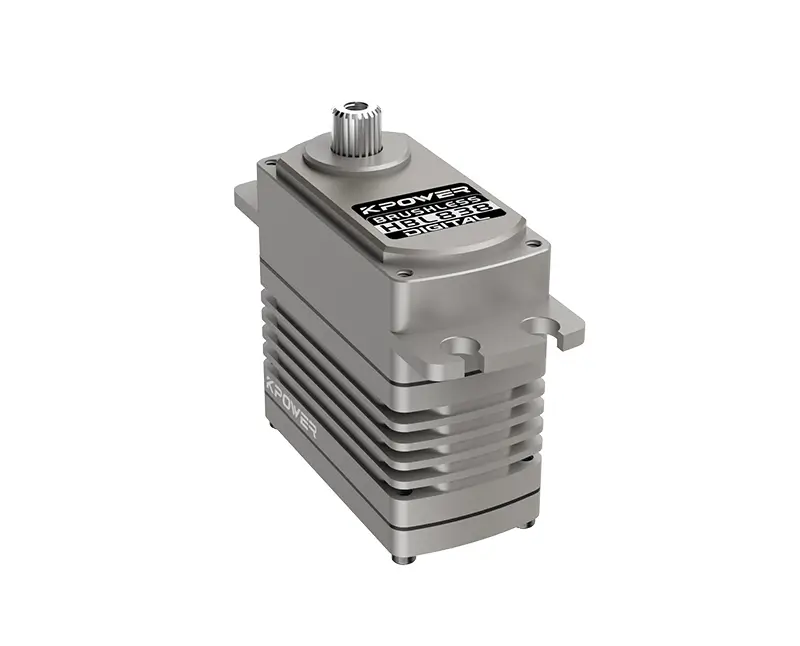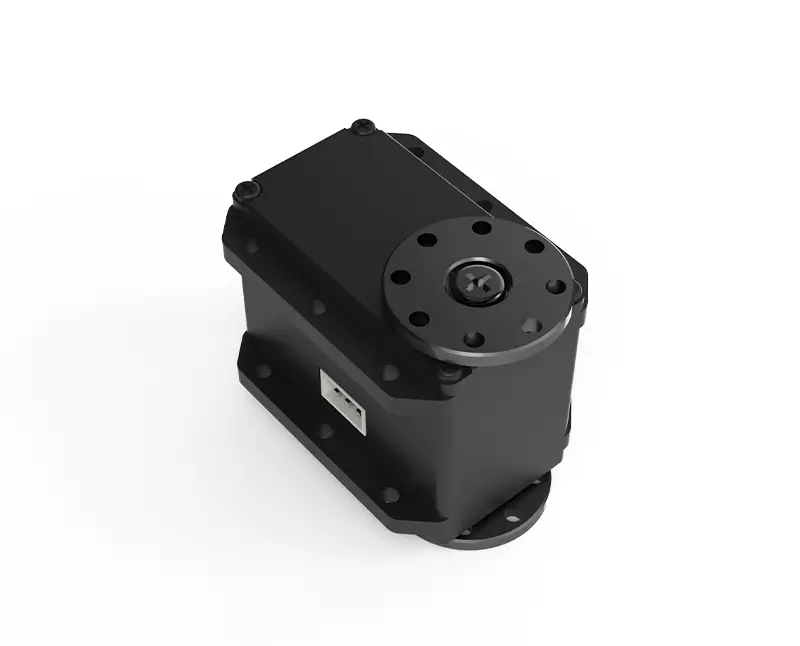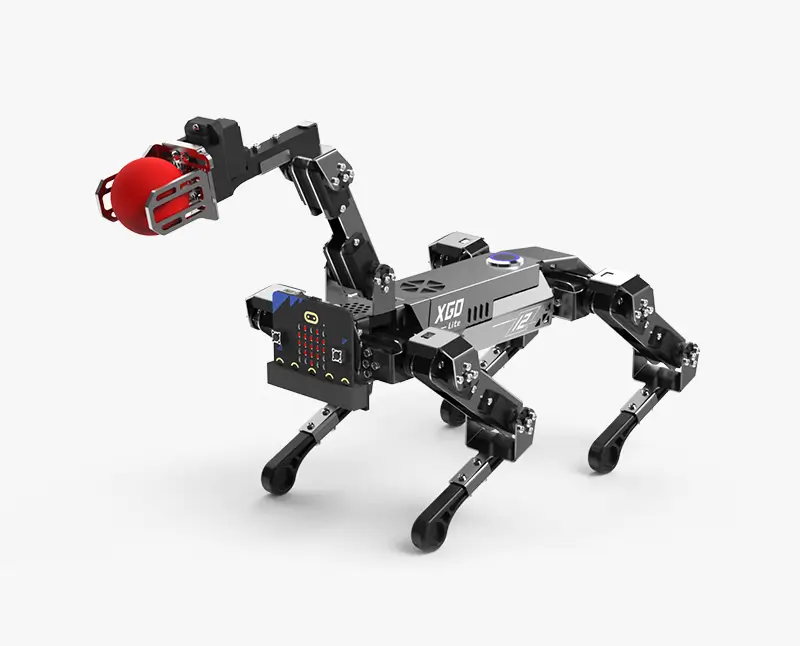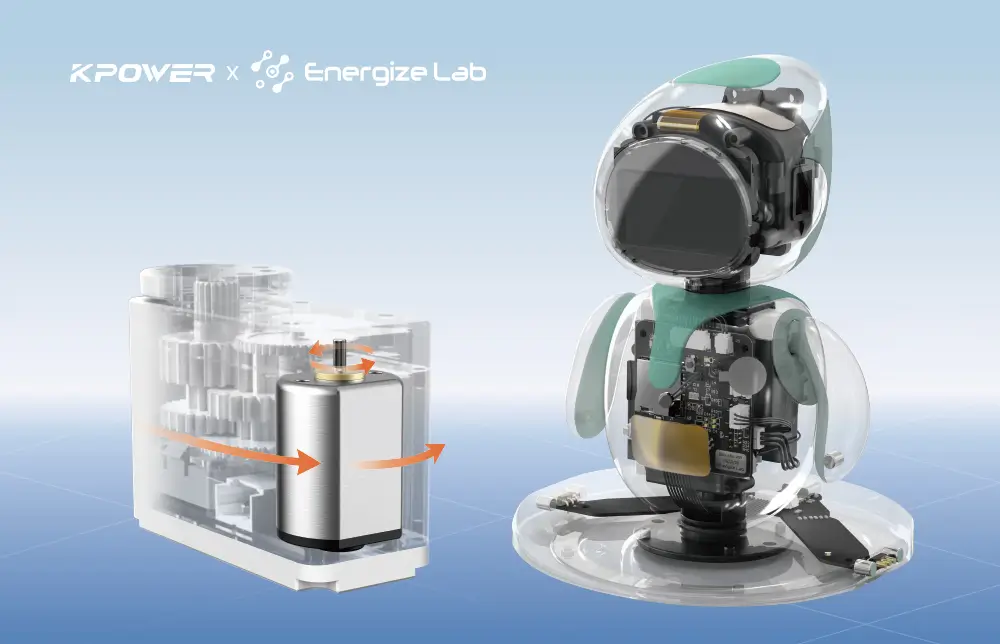The Rise of Magnetic Encoders in Servo Systems
Introduction to Servo Motors and Encoders Servo motors are the backbone of modern automation, powering everything from robotic arms to CNC machines. At the heart of their precision lies a critical component: the encoder. Encoders translate mechanical motion into electrical signals, enabling real-time feedback for accurate positioning, speed, and torque control. While optical encoders have long dominated the market, magnetic encoders are rapidly gaining traction due to their durability, compact design, and resilience in harsh environments.
.webp)
Why Magnetic Encoders? Magnetic encoders use Hall-effect sensors or magnetoresistive elements to detect changes in magnetic fields generated by a rotating magnetized disk. Unlike optical encoders, which rely on fragile glass disks and light-emitting components, magnetic encoders are immune to dust, moisture, and vibration. This makes them ideal for industries like aerospace, automotive, and heavy machinery, where reliability is non-negotiable.
Key Players in Magnetic Encoder Manufacturing
Renishaw plc A UK-based global leader in precision measurement and motion control, Renishaw has pioneered high-resolution magnetic encoders for servo systems. Their RESOLUTE™ series offers absolute positioning with sub-micron accuracy, making them a favorite in semiconductor manufacturing and medical robotics. Renishaw’s encoders integrate advanced signal processing to eliminate noise, ensuring stable performance even in electromagnetic interference (EMI)-prone environments.
Heidenhain Corporation German engineering excellence shines through Heidenhain’s magnetic encoder solutions. Their ECN 1000 series combines ruggedness with high resolution, supporting up to 24-bit resolution for applications demanding nanometer-level precision. Heidenhain’s proprietary lithography techniques enable ultra-fine magnetic pole divisions, setting benchmarks for repeatability in multi-axis CNC systems.
Tamagawa Seiki Co., Ltd. A Japanese innovator, Tamagawa Seiki specializes in compact magnetic encoders for miniaturized servo motors. Their TS5700N series features a unique dual-code track system, allowing simultaneous measurement of speed and position. This technology is critical for collaborative robots (cobots) and drones, where space and weight constraints are paramount.
Technological Innovations Driving the Market
Multi-Turn Absolute Encoding: Manufacturers like Sick AG have developed magnetic encoders capable of tracking multiple rotations without backup batteries. This is achieved through gear-driven mechanical counters or advanced magnetic memory, reducing maintenance in automated warehouses. Integrated Connectivity: Modern encoders now support Industry 4.0 protocols like EtherCAT and IO-Link, enabling seamless integration with IoT platforms. For example, Pepperl+Fuchs’ ENI58IL series offers real-time diagnostics, predicting maintenance needs before failures occur. Customization: Companies such as US Digital provide application-specific encoder configurations, including custom diameters, shaft sizes, and output formats. This flexibility caters to niche markets like telescope positioning systems and surgical robots.
Challenges and Solutions While magnetic encoders excel in harsh conditions, they face challenges like magnetic interference and temperature sensitivity. Manufacturers address these through shielded housings (e.g., Baumer Group’s MAGRES EAM360) and temperature-compensated algorithms (e.g., POSIC’s SureSense technology).
Emerging Trends and Regional Market Dynamics
Asia’s Growing Influence in Encoder Production Asia-Pacific has emerged as a hub for cost-effective, high-performance magnetic encoders. Chinese manufacturers like HENGSTLER GmbH and Taiwan’s AUTONICS Corporation are disrupting the market with competitively priced solutions. AUTONICS’ AMT Series offers IP67-rated encoders optimized for food processing and packaging lines, combining corrosion resistance with easy installation.
Sustainability and Energy Efficiency As industries prioritize green manufacturing, encoder manufacturers are adopting eco-friendly practices. For instance, Kübler Group’s Sendix magnetic encoders use recyclable materials and low-power electronics, aligning with EU directives on energy-consuming products (ErP).
The Role of AI and Machine Learning Artificial intelligence is reshaping encoder functionality. Companies like Leine & Linde now embed AI chips within encoders to analyze vibration patterns and predict bearing wear in wind turbines. This predictive maintenance capability reduces downtime in renewable energy installations.
Spotlight on Niche Innovators
RLS (Renishaw’s Subsidiary): Focused on miniature encoders, RLS’s akd² series supports 1 million RPM, targeting high-speed spindles in PCB drilling machines. Gurley Precision Instruments: Known for ultra-high-resolution encoders, Gurley’s products are used in satellite antenna positioning, where angular accuracy below 1 arc-second is critical. Elcis Encoder: Italian manufacturer Elcis offers explosion-proof magnetic encoders certified for ATEX Zone 1, ensuring safety in oil and gas refineries.
Future Outlook The servo motor magnetic encoder market is projected to grow at 8.2% CAGR through 2030, driven by automation in emerging economies and advancements in robotics. Key trends to watch include:
Quantum Magnetic Sensors: Startups like MagiQ Technologies are exploring quantum tunneling composites to achieve unprecedented resolution. Wireless Encoders: Companies such as FRABA Group are prototyping energy-harvesting encoders that transmit data via Bluetooth, eliminating cabling in mobile robotic systems.
Choosing the Right Manufacturer Selecting a magnetic encoder supplier depends on:
Application Requirements: High-speed vs. high-torque environments. Environmental Factors: Exposure to chemicals, shock, or extreme temperatures. Certifications: Compliance with ISO, UL, or industry-specific standards.
Conclusion From aerospace to smart factories, servo motor magnetic encoders are enabling a new era of precision. As manufacturers push the boundaries of material science and digital integration, these components will remain pivotal in shaping the future of automation. Whether you’re retrofitting legacy systems or designing next-gen robotics, partnering with the right encoder manufacturer ensures your solutions stay ahead of the curve.
This two-part series provides a comprehensive overview of the magnetic encoder landscape, equipping engineers and decision-makers with insights to navigate this dynamic market.


































.webp)
